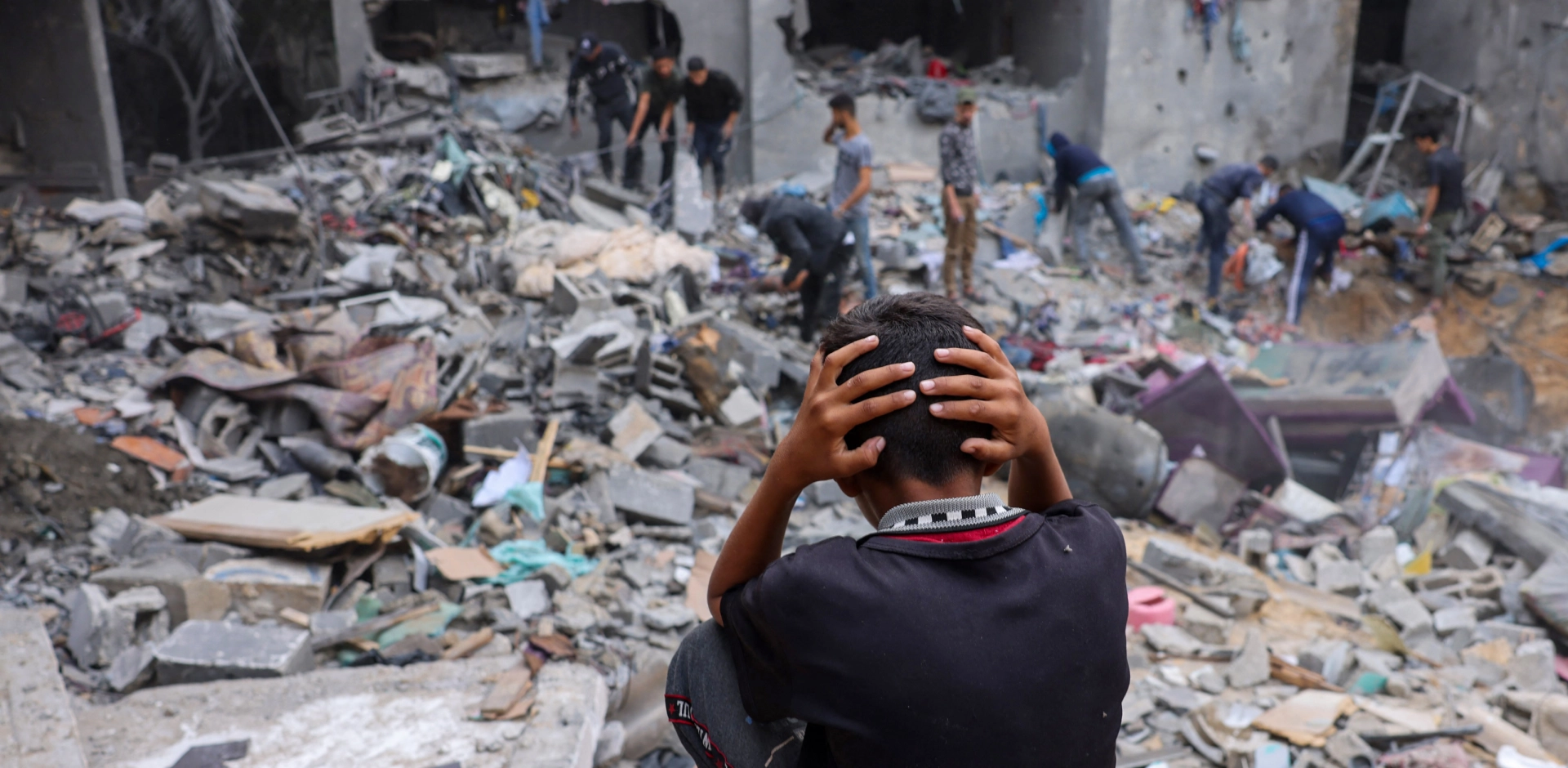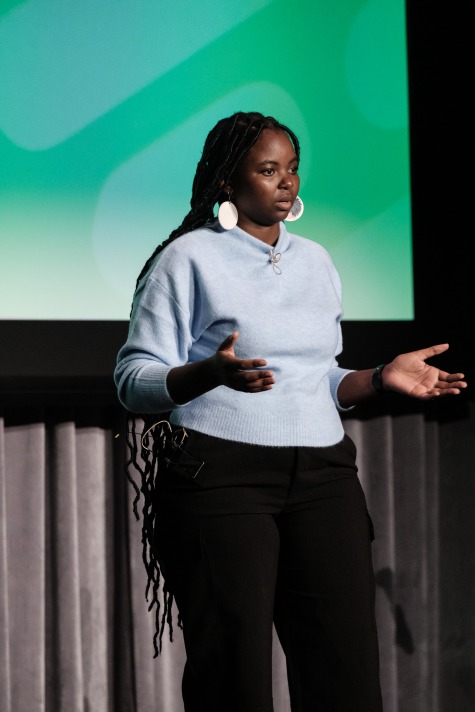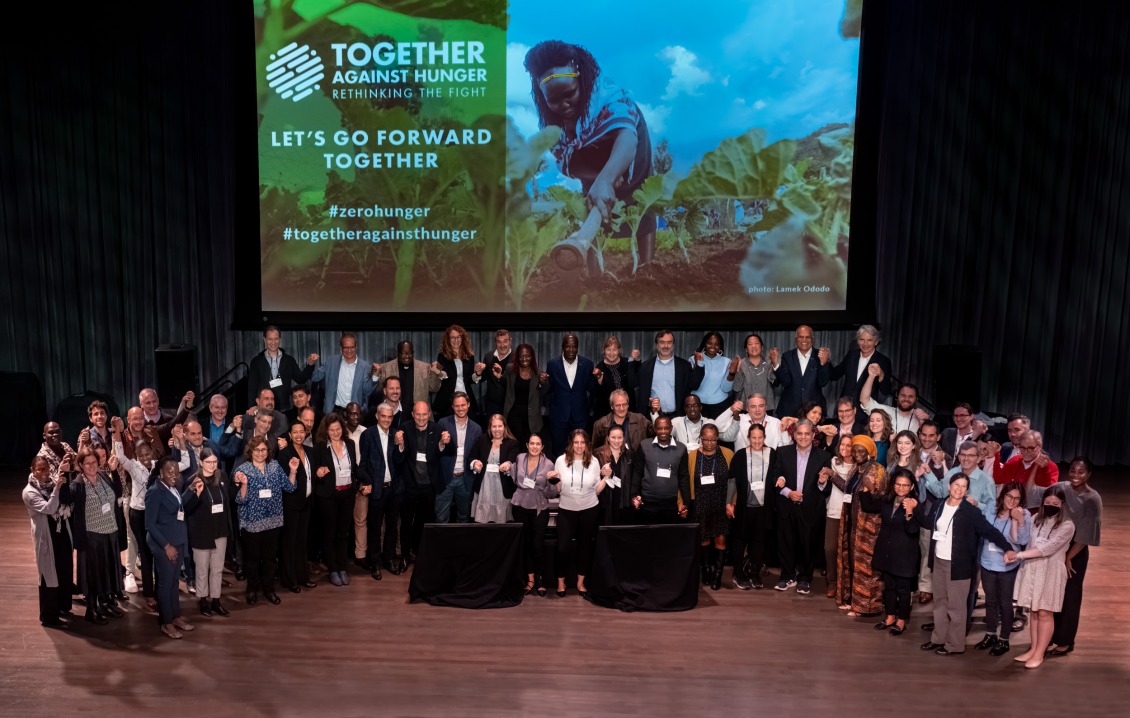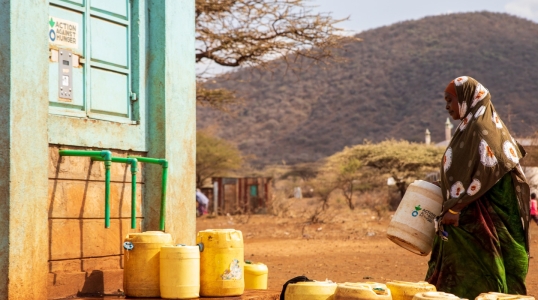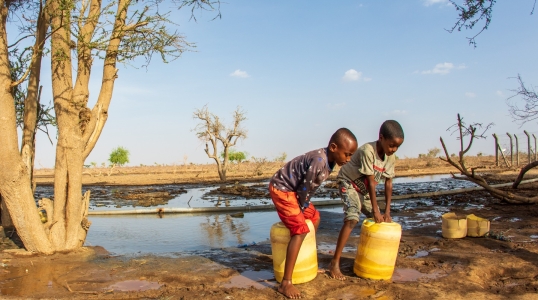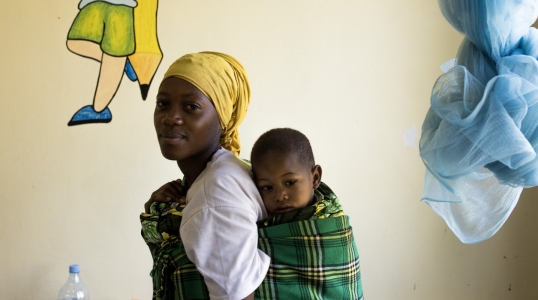Action Against Hunger, Devex, Global Citizen, Salesforce.org, CRS, CARE, and World Vision brought together leaders for a dynamic, two-day summit last month to reboot and reevaluate our collective efforts in tackling hunger. As part of a new movement called Together Against Hunger, the summit attracted more than 500 people across more than dozens of countries virtually and in person.
Speakers including Sara Menker, Jerry Greenfield, Yusuf Omar, Kate Musimwa, Mwandwe Chileshe, Rev. Heber Brown, and Isobel Coleman inspired participants to:
- Rethink and reboot our approach to end hunger.
- Explore how to reconceptualize how we think about hunger.
- Interrogate our roles in solving and perpetuating hunger.
- Identify new ways to engage together.
The convening was held as approximately 828 million people — one in ten worldwide — are undernourished and as many as 50 million people in 45 countries are on the verge of famine. Ongoing conflict, the primary driver of hunger, continues to threaten lives and livelihoods. Climate change is causing increasingly severe and frequent disasters, undermining resilience.
Compounding all of these factors are structural inequalities that systematically exclude vulnerable communities from decision-making and accrue benefits for some to the detriment of most. Ending hunger — especially by 2030 to achieve the United Nation’s Zero Hunger goal — can seem overwhelming.
Despite the concerning reality that confronts us, the Together Against Hunger summit offered some bright spots for opportunities as leaders reevaluated current efforts to fight global hunger, discussed how to take to scale what has worked well, and challenged the status quo.
Advancing the Movement
Ultimately, the Together Against Hunger event tackled big questions that will require large investments and buy-in from new partners. “Hunger does not receive the investment it deserves because it does not affect people equally” declared Ashwini Kakkar, Global Chairman of Action Against Hunger, in his opening remarks.
Now more than ever, we need to grow a broader movement, challenge traditional ways of thinking, and inspire others to join the fight. Success rests on everyone’s shoulders.
If you missed any of the sessions at Together Against Hunger, they are available to watch online here.
